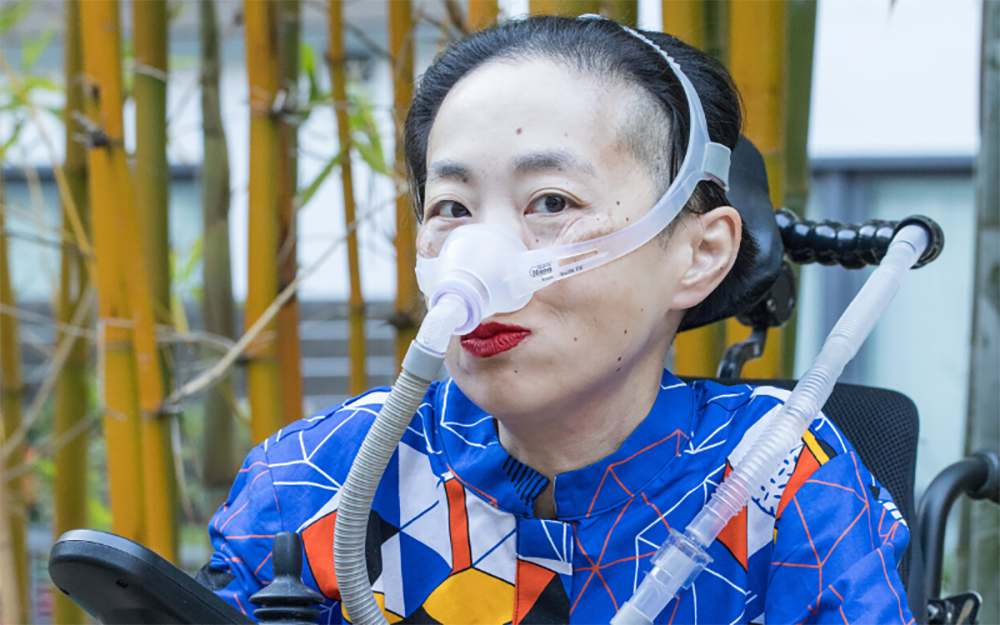Advertisement
'Who Are The Most Likely To Be Saved?': Alice Wong On Living With Disability During COVID-19
Resume
The shortage of ventilators is forcing health care workers to make critical decisions about providing care for COVID-19 patients.
But for people with disabilities who rely on ventilators to live, the shortage is also compounding fears.
Alice Wong, a disabled activist, media maker and consultant based in San Francisco, says people with disabilities are concerned about discrimination within the health care system during the COVID-19 pandemic. Wong, who is the founder and director of the Disability Visibility Project, relies on both caretakers and a noninvasive ventilator to live.
“Before the pandemic, [disabled people] have not been served adequately, and we've been failed by the health system,” she says. “There is such systemic bias and basic access issues to things, such as testing like mammograms or other exams.”
A lot of the rhetoric around these tough decisions is “devaluing” older and disabled people, Wong says, and many are making assumptions about their quality of life. A recent analysis of 30 state policies by the Center for Public Integrity revealed provisions that could put disabled people last if hospitals need to ration ventilators.
“Even at these times where there is such a scarcity of resources,” she says, “there's a lot of conversations about like, you know, who are the most likely to be saved?”
Her daily life has also changed significantly since the spread of the virus put most of the country on lockdown.
For instance, the shortage of hand sanitizer and disinfectant wipes is disproportionately impacting disabled people who rely on those items for basic hygiene, she says.
“So many people are just buying too much,” she says. “They're just really causing a lot of hardship for people who really need these things.”
Daily life for Wong requires a lot of assistance from others, she says. For many disabled people like her, staying six feet apart from her caretakers is not “really feasible.”
“I need close contact for a lot of my activities just, you know, having to be touched and handled,” Wong says. “There's really no way to avoid that.”
For people who don’t have live-in caretakers, there are also concerns about potential exposure and spread of the coronavirus.
“They're coming in from all kinds of environments, too,” Wong says. “So there's a lot of concern about disabled people protecting themselves, but also protecting the people who are part of our care team.”
Cristina Kim produced and edited this interview for broadcast with Peter O'Dowd. Samantha Raphelson adapted it for the web.
This segment aired on April 8, 2020.

